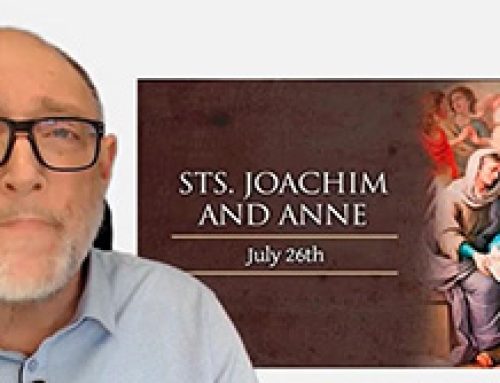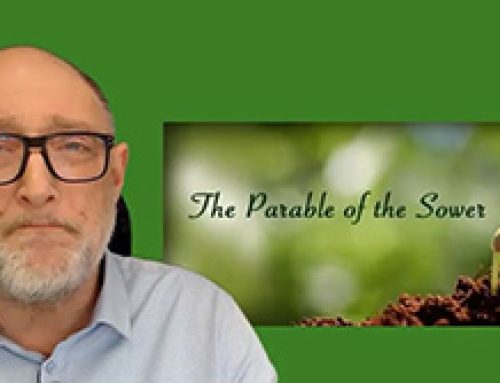Fr Paul reads from the Gospel of Luke (10: 25-37) in which Jesus, tells the parable of the Good Samaritan, who stops along his journey to help a stranger.Fr Paul notes that to many a Jew at the time of Jesus there is no such thing as a ‘good’ Samaritan. It was simply a contradiction in terms. Samaritans were the enemy, outcasts and were simply despised.So, it is striking that the Gospel writer of Luke changes the dialogue about the two commandments. In Mark’s and Matthew’s Gospels it is Jesus who answers the question about the commandments, but here in Luke Jesus challenges the questioner, the lawyer, who then gives the right answer. Fr Paul says it is also interesting to note that the mugging is depicted in the Wadi Qilt, a ravine running down from Anathoth, just north of Jerusalem, to Jericho. It twists and turns provided ideal opportunities to ambush people. Historically, this place exists. It is also striking that, in the lawyer’s reply at the very end, despite Jesus’ praise of the Samaritan rescuer, the lawyer cannot even bring himself to pronounce the hated name, ‘Samaritan’, and he simply says ‘the one who…’. The story also tells us about the dilemma of the priest and the Levite: if the traveller who has been robbed turns out to be dead, then they will be unable to perform their sacred duties! They would be regarded as ritually unclean and not welcome in the temple. The legal dilemma of the priest and the Levite makes the Samaritan’s attentive generosity all the more striking, because a Samaritan is free of any such hang-ups of the law. Love that is shown to the unfortunate and the down-trodden is always a major theme for the writer of Luke. Fr Paul says it is also interesting to note at the end, the Samaritan’s careful administration of his funds: he does not give a blank check but two days’ wages, and the commitment he will add too on his return if that’s necessary!
During our day today, Fr Paul says, let’s look for ways to be the good Samaritan to others around us.






Leave A Comment